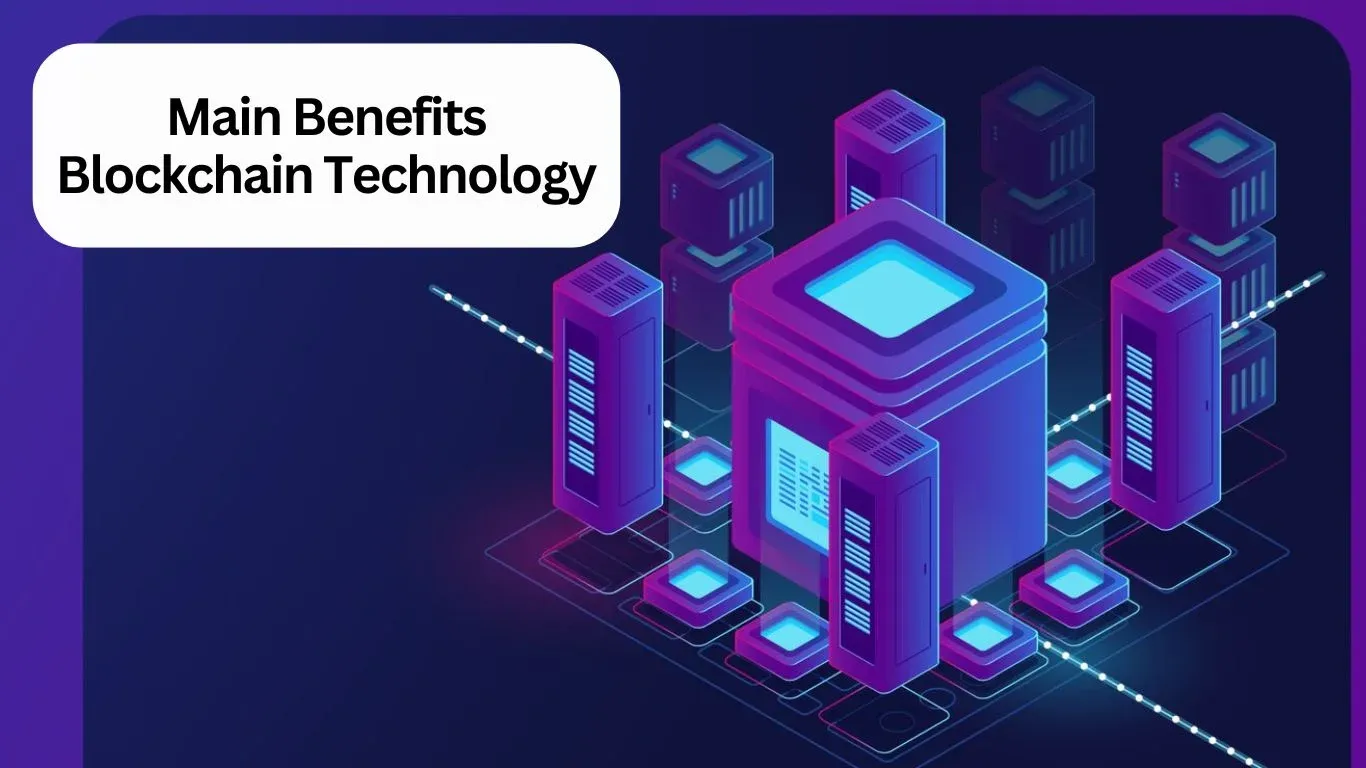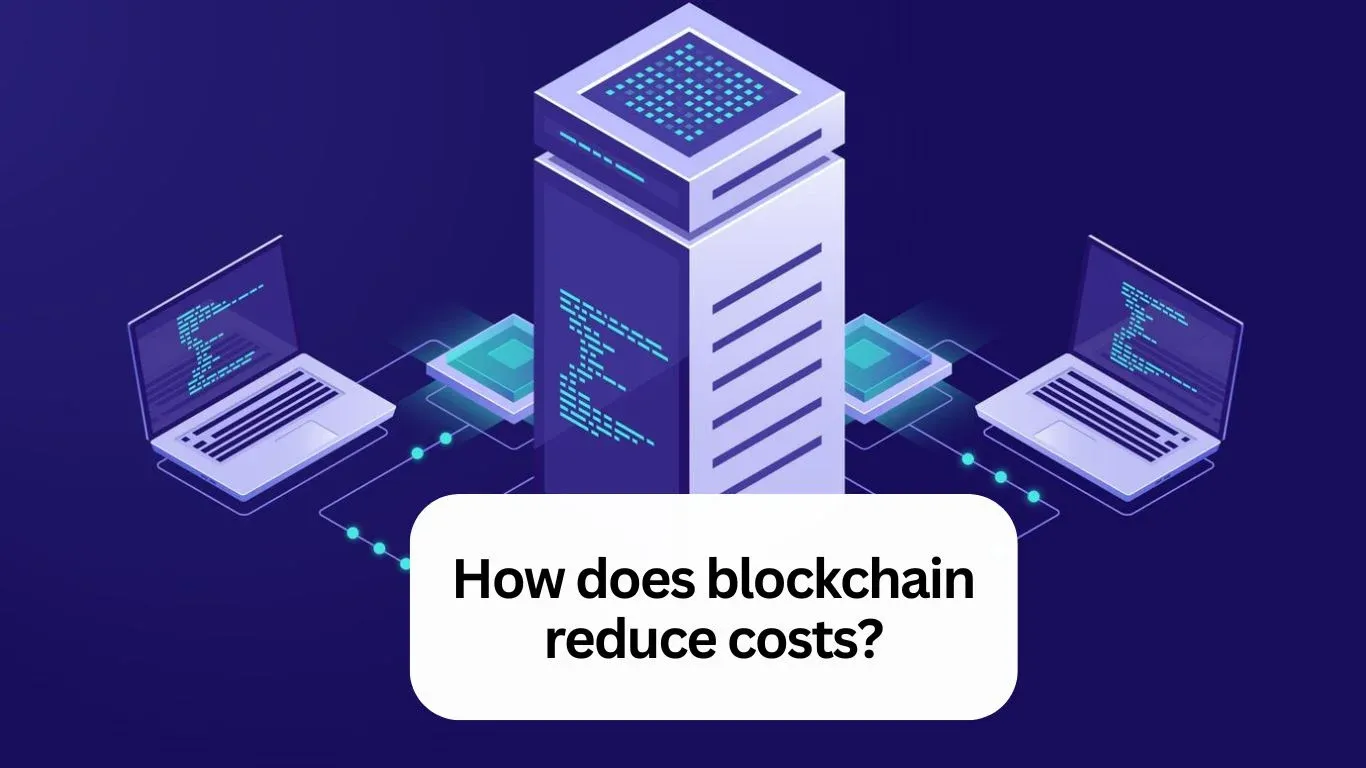When Bitcoin launched in 2009, it took blockchain from just an idea to something people actually use, proving that this digital ledger tech really works. Since then, companies have been exploring ways to use blockchain for their own needs. Now when we discuss the advantages of blockchain, we're talking about much more than just cryptocurrency. This technology is reshaping industries from healthcare to supply chain management, offering unprecedented levels of security and transparency.
Blockchain is like a digital ledger that's shared across a vast network of computers - but unlike traditional ledgers, it's nearly impossible to tamper with. As we dive into the benefits of blockchain, you'll discover how this technology is solving real-world problems and creating new opportunities for businesses and individuals alike.
Get Complete Details From Expert
The Main Benefits Blockchain Technology Brings to the Table

In the following section, we will discuss the benefits of blockchain and how it is changing the way businesses operate. Let’s dive into the key advantages of blockchain technology:
1. Decentralization
One of the most important benefits of blockchain is decentralization. In traditional systems, banks, governments, or large corporations control data and transactions. This centralized approach creates risks, such as fraud, censorship, and single points of failure.
Blockchain, on the other hand, is a decentralized network where no single entity has control. Instead, transactions are verified and recorded by multiple participants (nodes) across the network.
Why is decentralization important?
- Eliminates intermediaries – Transactions happen directly between parties without the need for banks or other third parties.
- Prevents fraud and corruption – No single entity can manipulate or alter transaction records.
- Increases reliability – Since data is stored across multiple computers, the system is more resistant to hacking or shutdowns.
This decentralized nature makes blockchain a trustworthy solution for industries that require transparency and security.
2. Enhanced Security and Data Protection
Security breaches and cyber-attacks are growing concerns in the digital world. Blockchain offers advanced security features that protect data from unauthorized access or tampering.
How does blockchain enhance security?
- Encryption and hashing – Every transaction is encrypted and linked to the previous one using cryptographic hashes, making it nearly impossible to alter.
- Immutability – Once data is recorded on the blockchain, it cannot be changed or deleted, reducing the risk of fraud.
- Distributed ledger – Since blockchain operates on multiple nodes instead of a single server, hacking the system becomes extremely difficult.
These security features make blockchain ideal for storing sensitive information, such as financial records, medical data, and identity verification.
3. Transparency
Transparency is a major advantage of blockchain technology. In centralized systems, data is often hidden or controlled by a few entities. Blockchain changes this by allowing all transactions to be visible to authorized participants.
How does blockchain improve transparency?
- Public ledgers – In open blockchains (like Bitcoin and Ethereum), anyone can view transaction histories, ensuring trust and accountability.
- Tamper-proof records – Once a transaction is recorded, it cannot be altered without network consensus.
- Builds trust in businesses – Companies can use blockchain to show customers and partners that their operations are ethical and transparent.
For industries like supply chain management and finance, blockchain transparency reduces fraud and builds credibility.
4. Faster Transactions
Traditional banking transactions can take hours or even days to process, especially for international transfers. Blockchain speeds up transactions by removing intermediaries and using automated verification processes.
Why are blockchain transactions faster?
- Peer-to-peer network – Transactions occur directly between users without third-party delays.
- 24/7 operations – Unlike banks that operate during business hours, blockchain networks function continuously.
- Smart contracts – These automated contracts execute transactions instantly when conditions are met.
This speed is particularly beneficial in industries like finance, remittances, and real estate.
5. Cost Reduction
Businesses spend billions on transaction fees, legal paperwork, and third-party verification. Blockchain reduces these costs by automating processes and eliminating unnecessary intermediaries.
How does blockchain reduce costs?

- No banking fees – Cryptocurrency transactions do not require bank charges.
- Automated processes – Smart contracts eliminate the need for manual verification.
- Less paperwork – Digital records reduce administrative expenses.
Startups and enterprises can use blockchain to save money while improving efficiency.
6. Improved Supply Chain Management
Managing supply chains can be complex, with multiple parties involved in tracking products from production to delivery. Blockchain simplifies this process by providing a secure, real-time record of transactions.
Benefits for supply chains:
- Reduces errors and delays – Blockchain automates tracking and verification.
- Prevents fraud – Ensures authenticity and quality of goods.
- Increases efficiency – Businesses can monitor inventory in real time.
For example, food companies use blockchain to track products from farms to supermarkets, ensuring safety and freshness.
7. Better Financial Inclusion
Millions of people worldwide do not have access to banking services. Blockchain provides financial inclusion by offering decentralised and borderless financial solutions.
How does blockchain improve financial access?
- No need for a bank account – Anyone with internet access can send and receive money.
- Lower transaction costs – Reduces reliance on expensive banking services.
- Global accessibility – Blockchain enables cross-border transactions without restrictions.
Cryptocurrencies and blockchain-based financial solutions are helping individuals in underbanked regions participate in the global economy.
8. Smart Contracts – Automate Agreements
Smart contracts are self-executing agreements with terms written into code. They eliminate the need for intermediaries like lawyers or brokers.
Why are smart contracts useful?
- Faster transactions – Automatically execute when conditions are met.
- Reduce fraud – This cannot be altered once deployed.
- Lower costs – No need for middlemen.
Industries like insurance, real estate, and healthcare are leveraging smart contracts for efficiency.
9. Secure Voting Systems
Voting fraud is a major issue worldwide. Blockchain can revolutionize elections by ensuring secure and transparent voting.
Blockchain voting benefits:
- Tamper-proof voting records – Once a vote is cast, it cannot be altered.
- Eliminates voter fraud – Only eligible voters can participate.
- Instant results – Reduces counting errors and delays.
Countries are exploring blockchain-based voting to ensure free and fair elections.
10. Intellectual Property Protection
Artists, musicians, and writers often struggle with copyright issues. Blockchain helps by creating immutable records of ownership.
How does blockchain protect intellectual property?
- Verifiable ownership records – Ensures creators receive credit and royalties.
- Prevents unauthorized use – Content cannot be copied without permission.
- Decentralized storage – Reduces the risk of content loss.
Take the next step in your career ?
The Bottom Line
The benefits of blockchain technology are transforming how we conduct business and build trust in the digital age. As this technology continues to evolve, its applications will only grow more diverse and impactful.
Want to master blockchain technology and stay ahead of the curve?
Amity University Online offers comprehensive blockchain courses designed for professionals and students alike. Our expert-led programs combine theoretical knowledge with practical applications. Visit our website or contact our admissions team (1800-102-3434) to learn more about our programs specializing in blockchain technology.



